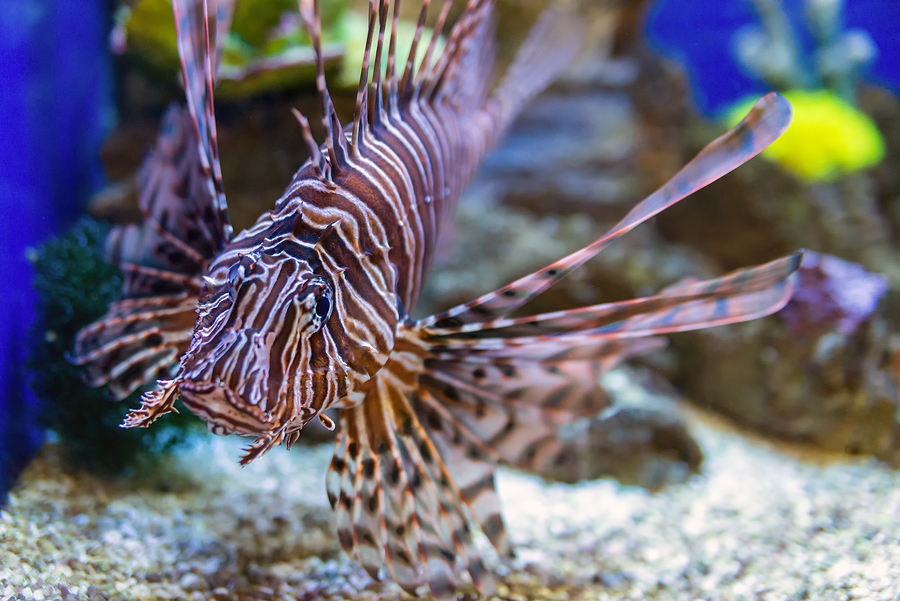According to researchers Vance Trudeau and Marilyn Vera-Chang at the University of Ottawa, fish exposed to the antidepressant drug Prozac pass on altered behavior to the next three generations of offspring. These findings are raising serious questions about what might happen to human children whose mothers take the drug. Their paper was published in the journal PNAS.
For their study, Trudeau and Vera-Chang exposed fish eggs and newly-hatched fish to “Prozac levels typical of what would cross the human placenta and reach an embryo”1 and what they found were changes in fish behavior:
“’They acted very strangely and their stress response was weird,’ Trudeau said in an interview.
Many fish species have a way of exploring unfamiliar surroundings, such as a new tank. They swim up, down and all around, adjusting to the new home. In the wild, this behavior helps them to figure out when they should go in search of food and when they should hide.
But fish that were exposed to Prozac when they were still in the egg didn’t explore as much. They swam to the bottom of the tank and mostly stayed there.
‘These kind of exploratory behaviors are super important in all vertebrates. It’s kind of a coping behavior’ in which an animal learns how to deal with its surroundings, Trudeau said.”1
And the change persisted for two generations. Trudeau suspects an “epigenetic” effect: children and grandchildren of the fish exposed to Prozac have normal genes but something else makes the genes turn their activity on and off in an unusual pattern. (Levels of a stress hormone called cortisol were also lower than they should be.)
While the experiments have only been done on zebrafish so far, the bigger question is how this discovery plays out in humans; after all, Prozac has been on the market in 1987.
Trudeau is not arguing people stop using the drug but rather encouraging people to follow their physician’s advice and take the prescribed dose. He’s also hopeful that any future discussions about Prozac will take into account the fact that they might have longer-term effects than we realize. For instance, there is some evidence that children of women who take the drug during pregnancy have low cortisol and are “a little bit more timid”1 than other children. The next questions researchers should ask is, does that risk go away? If so, with what generation?
We must also remember that these studies are important to our ecosystem; Prozac affects wildlife because it gets into lakes and rivers and those “active chemicals remain stable even when the body flushes them out in urine,”1 and pharmaceuticals are something our sewage treatment plants do not remove.
Although the experiment only looked at the drug Prozac, Trudeau expects similar results would come from other drugs in that same class of antidepressants, all of which target a brain chemical called serotonin.
SOURCE:












